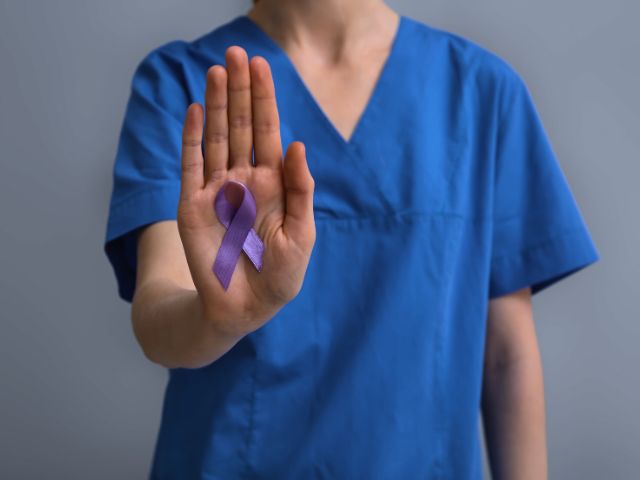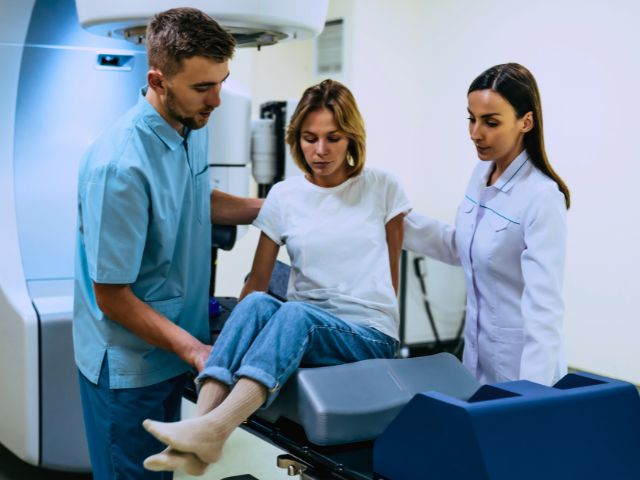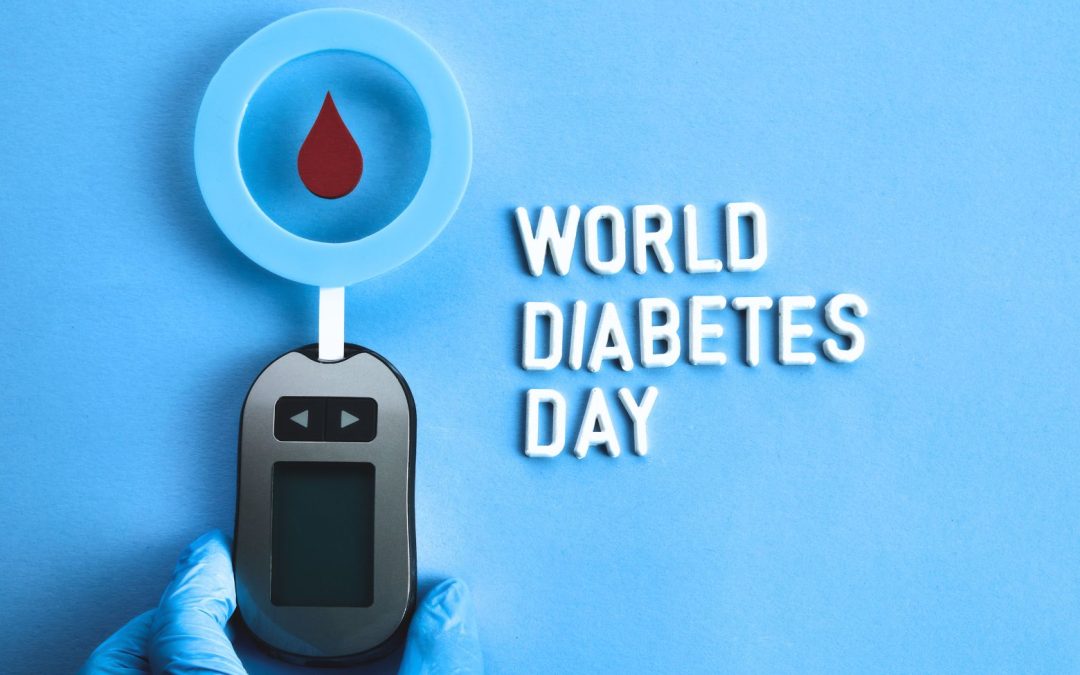Events | Holidays & Freebies National Nurses Week: Honoring Our Favorite Pop Culture Practitioners National Nurses Week runs from May 6-12, and includes a variety of ways to honor nurses. This year’s theme is “Nurses Make the Difference.” As part...


Pharm D
February 2024 is National Cancer Prevention Month. Let’s discuss the role of nurses in cancer prevention and early detection.
According to the Centers for Disease Control, in 2020, in the US, 1,603,844 new cancer cases were reported, and 602,347 people died of it. This comprises a huge number of people. In all these past years, many people lost their lives fighting the battle of cancer.
However, the good news is that according to the WHO, between 30 to 50% of cancer cases are preventable. Around 50% of cancer deaths occur because of modifiable risk factors such as tobacco smoking and alcohol drinking.
Nurses are the bridge between the patients and the healthcare providers by playing an essential role in cancer prevention, talking to the patient, counseling them, and getting a detailed medical history that enlightens about the patient’s cancer risk and leads to early cancer detection by timely screening.

Nurses play a crucial role in cancer prevention by taking the right steps timely. Moreover, nurses can also take part in counseling that helps lower the incidence of modifiable risk factors of cancer.
The following activities can help prevent cancer and lead to early detection.
Nurses play a vital role in cancer prevention by educating and counseling the patient on various things. Motivate patients for cancer screening at hospital visits or by doing home visits.
Keep an eye on patients you suspect are at risk for cancer. Cajole them to attend screening tests timely and inform them that they help in the early detection of cancer, making it easy to treat compared to the ones diagnosed at advanced stages.
Ask people why they are not getting their screening tests done in a timely manner if they show reluctance.
Educate the patients about cervical cancer screening, HPV test self-collection, and breast self-examination, encourage them to attend mammograms for early breast cancer detection, and attend screening visits and follow-up for colorectal cancer screening and skin cancer screening.
Inform them that different organs need to be examined for the growth of cancerous cells. Make sure your patients from the following population attend screening tests timely. Educate them about their importance, guidelines, procedures, and results.
With screening, counseling the patient is essential, especially if the patient’s reports come out abnormal, indicating a cancerous growth. Inform them about what’s going on inside their body, the treatment options, and refer them to the specialist. Also, make sure they attend follow-up visits with their healthcare provider.

Nurses play a vital role in taking a medical history and making health assessments. Identify patients at risk of cancer and require screening tests promptly. Assess them for cancer risk factors such as tobacco use, alcohol intake, high-fat diet intake, and other factors.
Nurses can also identify the patient for signs of cancer, such as a history of a palpable lump in the breast or previous breast abnormality and complete history and examination of abnormal vaginal bleeding. Also, keep an eye on the pediatric population for any symptoms of cancer.

The most common cause of lung cancer is tobacco smoke, and liver cancer is alcohol. Both are modifiable risk factors, meaning if the patient wills, they can stop their intake. As a nurse, you should inform your patients about the consequences of what they consume.
Encourage them to live a healthy lifestyle and guide them to rehabilitation if they find it arduous to quit smoking and alcohol intake. Tell them to incorporate daily physical activity, shed extra pounds, and get rid of obesity as soon as possible.
Nurses are the backbone of the healthcare industry, serving as a bridge between the patients and the physicians. They play a vital role in cancer prevention and early detection.
On this National Cancer Month, February 2024, we thank all the nurses working hard day and night with their patients, serving their best.
Love what you read?
Share our insider knowledge and tips!
Read More

Events | Holidays & Freebies National Nurses Week: Honoring Our Favorite Pop Culture Practitioners National Nurses Week runs from May 6-12, and includes a variety of ways to honor nurses. This year’s theme is “Nurses Make the Difference.” As part...

Events International Prenatal Infection Prevention Month 2024 February is International Prenatal Infection Prevention Month 2024! Learn about a nurse’s role in educating patients on how to protect themselves. Common prenatal infections you can explore with...

Events World Diabetes Day 2023 November 14th is World Diabetes Day, a time to reflect and deepen our understanding of a nurse’s role in patients’ diabetic care. Review the types of diabetes, risk factors that increase the chance of diabetes, the...